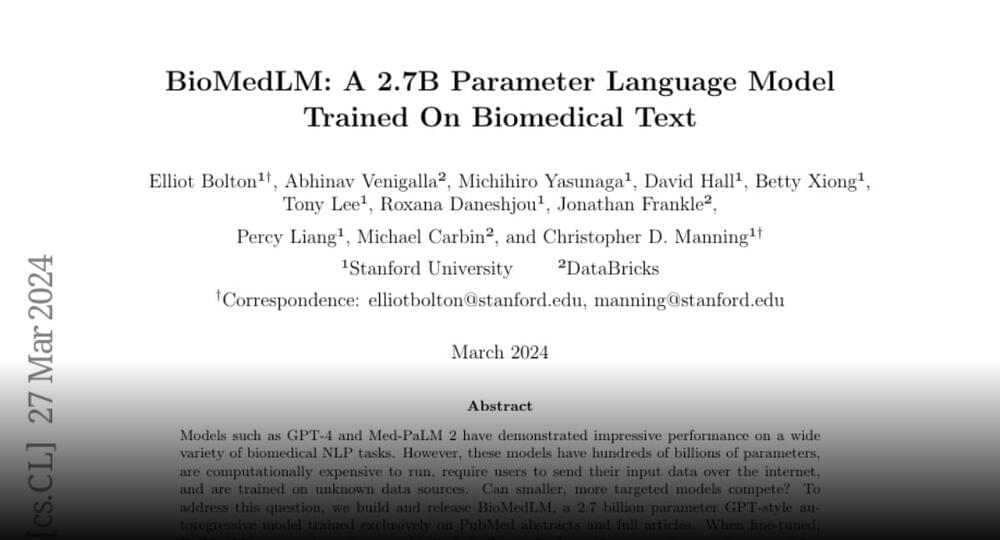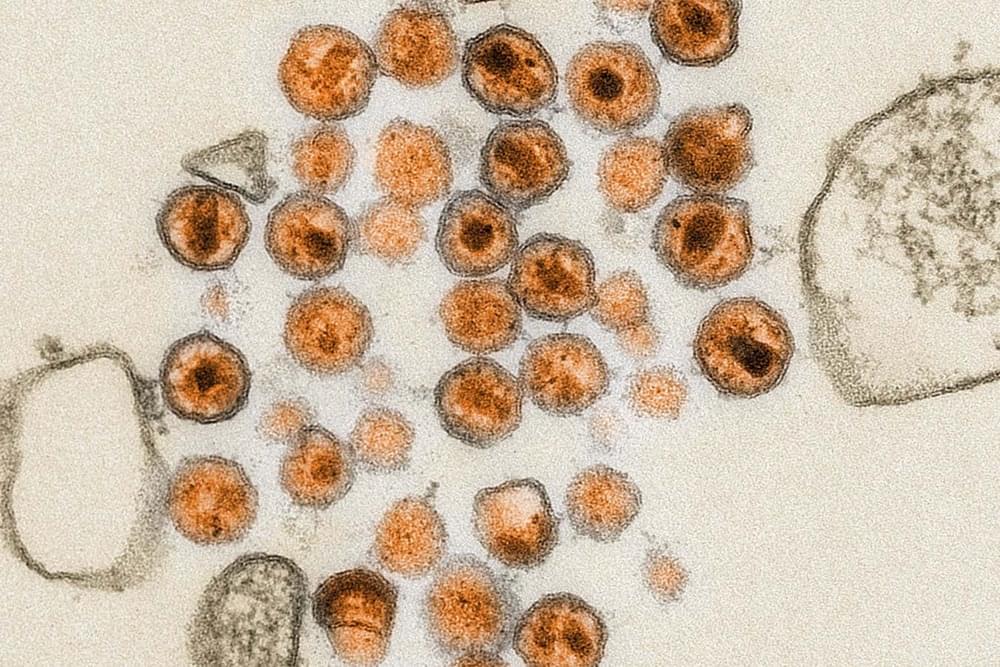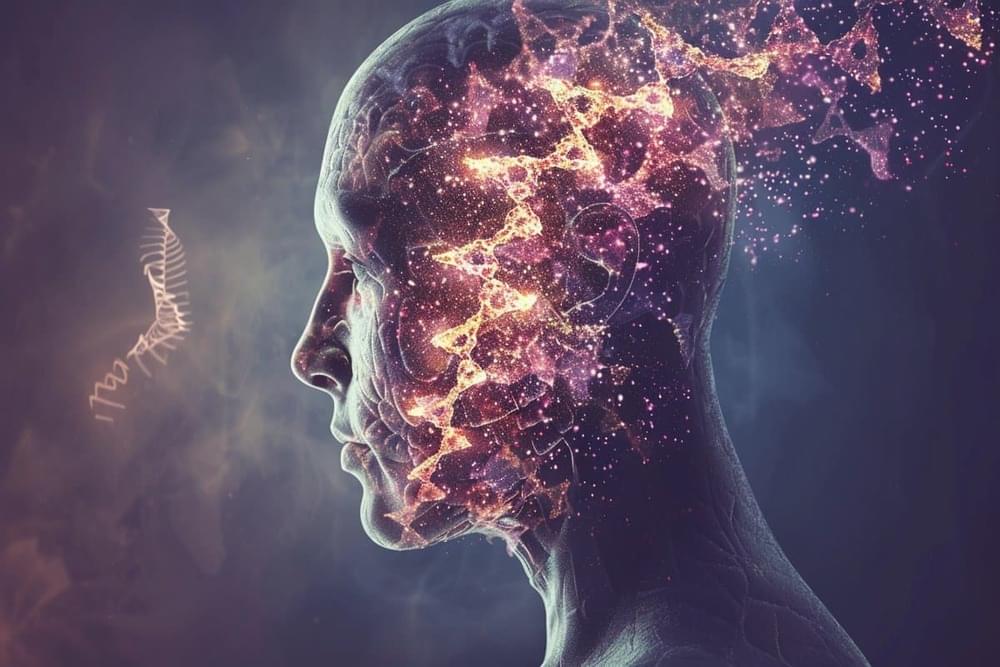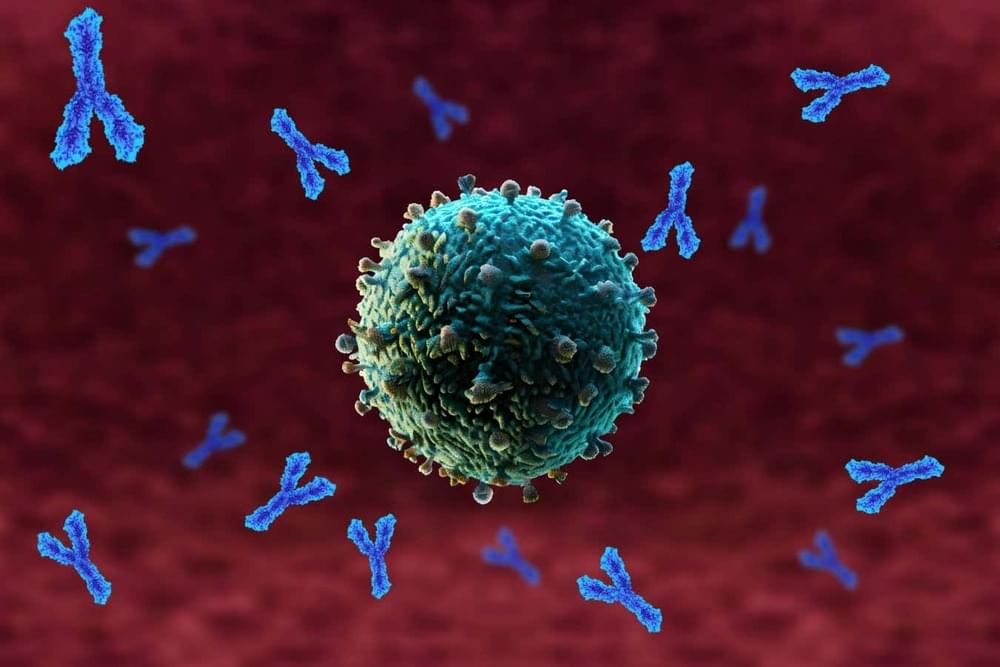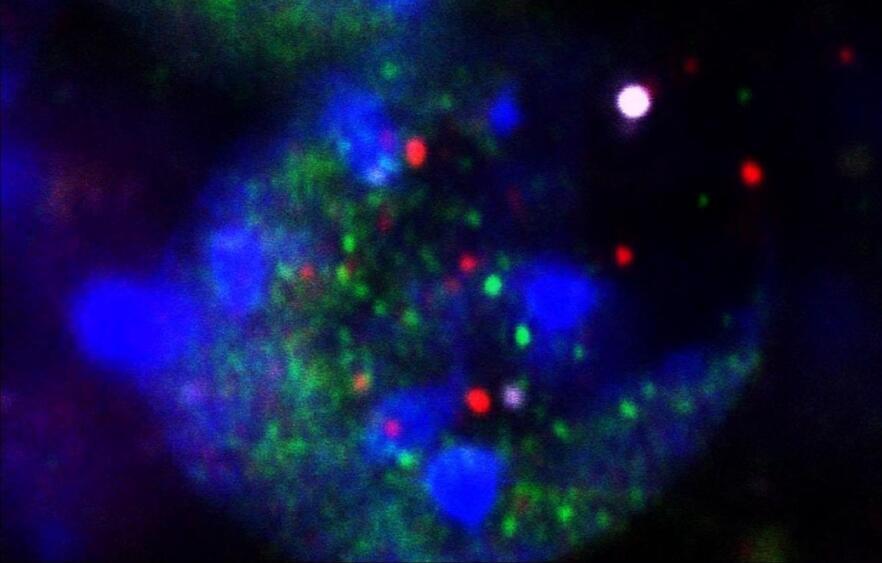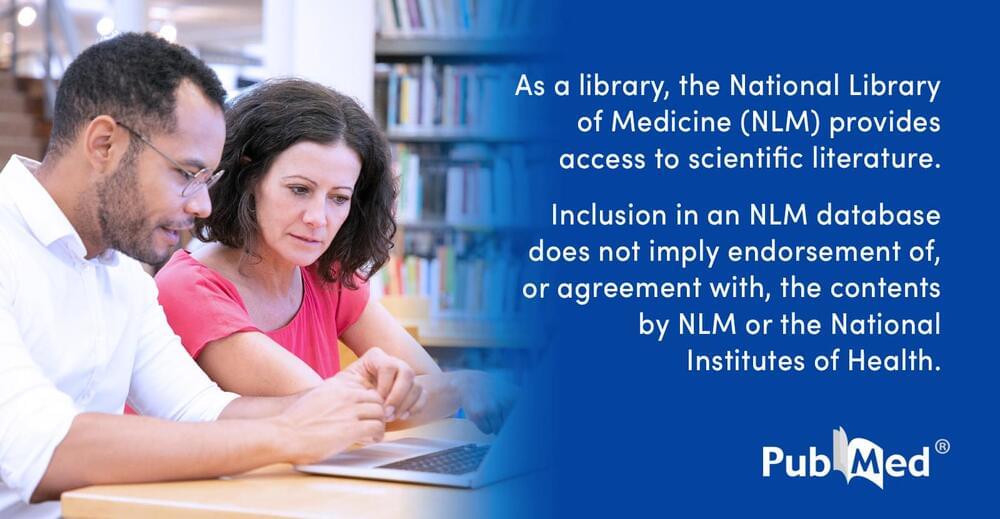“We hope our work will contribute to informed decisions regarding regulatory measures or behavioral interventions to minimize chemical exposure and protect human health,” Tesar said in a statement.
1.8 million. That’s how many people globally have multiple sclerosis, according to the World Health Organization. The agency also found around one in 100 children worldwide have been diagnosed with autism.
“Rigorous safety tests are in place for human health that are evaluated by [the] U.S. Environmental Protection Agency for approval and compliance with all regulatory guidelines,” Brian Sansoni, senior vice president for Communications, Outreach and Membership for the American Cleaning Institute, told Forbes. The ACI represents top cleaning product manufacturers like the Clorox Company and Procter & Gamble. “ACI member company manufacturers make product safety a top priority.” Quats have been known to be effective at killing bacteria, germs, viruses and mold. “The use of cleaning products, disinfectants and their chemistries contribute to public health in homes, schools, healthcare settings and communities every single day,” the ACI said.

